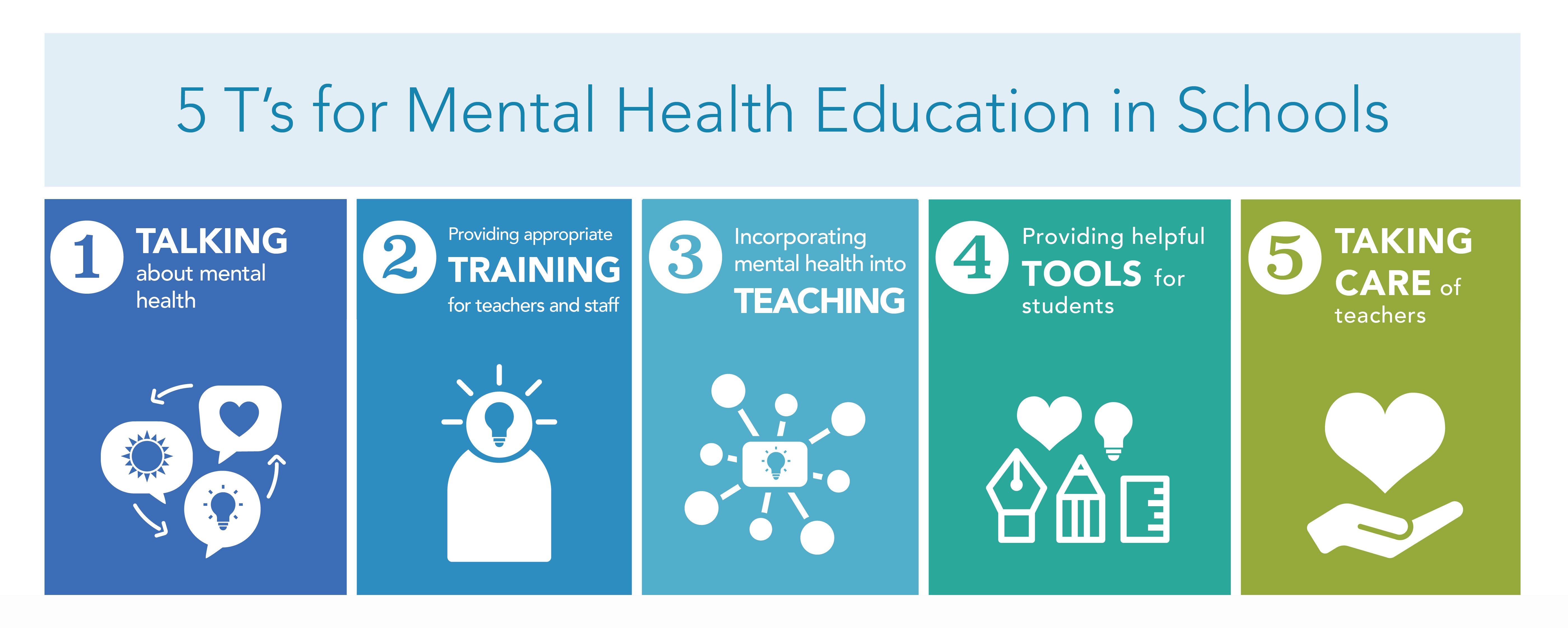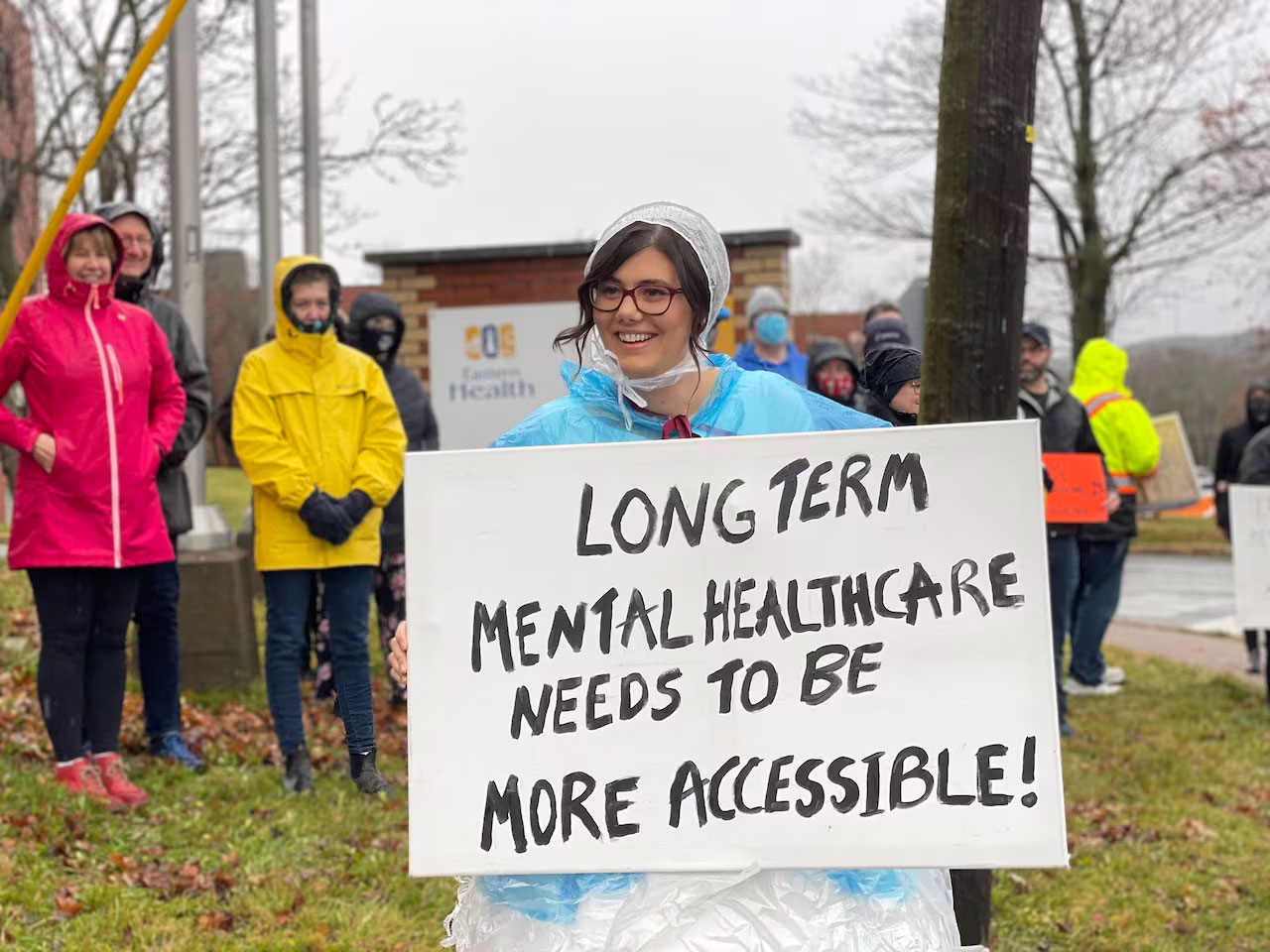In today's rapidly evolving society, the awareness surrounding mental health has become increasingly critical, yet it remains an overlooked facet in the education of our youth. Despite its profound impact on overall well-being, many children are left without the foundational knowledge to understand and manage their mental health. The absence of mental health education can lead to long-term emotional and behavioral challenges, hindering a child's ability to thrive. By proactively incorporating mental health lessons into the educational journey, we can provide our young ones with the necessary skills to address their feelings and confront life's hurdles with resilience. This article explores the significant repercussions of failing to prioritize mental health education and underscores the transformative benefits of early intervention.
Emotional Development: Laying The Foundation

When children lack an understanding of mental health, their emotional development can be stunted. Teaching them about emotions and mental well-being helps them identify their feelings and express them in healthy ways. Without this foundation, children may struggle with managing their emotions, leading to frustration and behavioral issues. By integrating mental health education into school curricula and providing supportive environments at home, caregivers and educators can equip children with essential tools for emotional resilience. Encouraging open conversations about feelings and normalizing the experience of seeking help for mental health challenges fosters a sense of safety and acceptance. Additionally, incorporating activities like mindfulness, art, and play therapy can offer children varied avenues to explore and articulate their emotions. Over time, these efforts can cultivate a generation that not only understands mental health but also values it, paving the way for healthier relationships and communities..
Social Skills: Building Relationships

Failing to educate young children about mental health can greatly impact their social development, influencing their ability to interact positively with peers. When children lack awareness of their own emotions and struggle with practicing empathy, they often encounter difficulties in forming meaningful connections with others. This deficit in social skills not only hinders their ability to make friends but also affects the quality and longevity of these friendships. As a result, they may experience prolonged feelings of loneliness and isolation, which can have lasting effects that stretch into adolescence and even adulthood. These feelings can contribute to a cycle of withdrawal and social anxiety, making it harder for individuals to break free and develop the confidence needed to engage with others. It underscores the importance of introducing mental health education early, giving children the tools to recognize and understand emotions, fostering healthier interpersonal relationships throughout their lives..
Self-Esteem: Understanding Self-Worth

When children are educated about mental health, they gain valuable tools for understanding and managing their emotions, which significantly contributes to their overall well-being. This education helps them recognize and normalize the fluctuations in their mental state, making them less likely to internalize negative feelings or experiences. Knowledge about mental health empowers them to seek help when needed and to support their peers, fostering a more empathetic and inclusive environment. Furthermore, by understanding concepts such as mindfulness and stress management, children can navigate challenges with greater confidence and composure. Ultimately, integrating mental health education into their learning journey equips children with the skills necessary to thrive in a complex world, enhancing their capacity for lifelong happiness and success..
Academic Performance: The Overlooked Connection

Additionally, integrating mental health education into school curriculums can cultivate a supportive environment where students feel safe discussing their challenges. This proactive approach not only reduces the stigma surrounding mental health issues but also equips students with coping strategies, emotional resilience, and problem-solving skills. By addressing these issues head-on, educators can foster an inclusive atmosphere where every student has the opportunity to thrive. Recognizing the signs of mental health struggles early and providing appropriate resources empowers students to overcome obstacles and maximizes their potential for academic success. Ultimately, prioritizing mental health is a vital step towards building a healthier, more equitable educational landscape..
Behavioral Issues: Addressing The Root Cause

Addressing mental health in children is vital, as it not only aids in the early identification of distress signals but also fosters an environment where open communication is encouraged. By integrating mental health education into daily routines, caregivers and educators create a supportive atmosphere that normalizes discussions around emotions and mental well-being. This approach not only empowers children with the language and understanding to express their feelings but also enhances their ability to cope with challenges in a healthy manner. It is a preventive strategy that can lead to improved long-term outcomes, including reduced rates of anxiety, depression, and other mental health disorders. By prioritizing mental health education, communities can cultivate resilient and emotionally intelligent future generations, equipped to navigate the complexities of life with confidence and empathy..
Long-Term Impacts: Preparing For The Future

Failing to educate children about mental health can lead to a cascade of challenges that extend well into adulthood. Without the tools and understanding developed through early mental health education, children can find themselves ill-equipped to navigate the complexities of emotional and psychological challenges as adults. This lack of foundational knowledge can hinder their ability to form deep, meaningful connections, as they may not fully understand their own emotions or those of others. In the workplace, they may encounter difficulties in managing stress, collaborating effectively with colleagues, or pursuing career advancement due to unresolved mental health issues. Moreover, the absence of early mental health education can prevent individuals from recognizing the importance of self-care and seeking help when needed, which are crucial components of a fulfilling life. By integrating mental health education into the formative years, we empower the next generation to foster resilience, empathy, and self-awareness, ultimately enhancing their ability to lead satisfying and balanced lives..
The Role Of Mental Health Therapy Aides

Mental health therapy aides are indispensable in bridging the gap between children and the mental health resources they need but may not have accessed due to lack of awareness or education. By working closely with children and their families, these dedicated professionals foster an environment of trust and empathy, facilitating open communication about feelings and mental well-being. They employ a range of therapeutic techniques tailored to the unique needs of each child, promoting resilience and coping strategies that empower young individuals to navigate their emotions effectively. Moreover, therapy aides often liaise with schools and community organizations, creating a comprehensive support network that reinforces positive mental health practices. Through workshops, group activities, and individualized care plans, they help demystify mental health issues, encouraging children to articulate their experiences and seek help when necessary. This proactive involvement not only aids in the management of current challenges but also lays a foundation for a healthier emotional future, equipping children with the knowledge and skills to thrive in a complex world..
Strategies For Teaching Mental Health

Integrating mental health education into the curriculum can be highly beneficial. Schools and caregivers can employ various strategies, such as role-playing, storytelling, and mindfulness exercises, to make mental health concepts accessible and relatable for young children. By doing so, children can learn to identify and manage their emotions from an early age, which is crucial for their overall development and well-being. Role-playing scenarios allow students to practice empathy and problem-solving skills in a safe environment, while storytelling can help them understand mental health through relatable narratives. Mindfulness exercises, on the other hand, can teach children techniques for maintaining calm and focus, providing them with lifelong tools for coping with stress and anxiety. By normalizing discussions around mental health, educators can help reduce stigma and encourage open dialogue, creating an inclusive atmosphere that supports the mental and emotional growth of all students..
Advocating For Change: The Way Forward

To mitigate the effects of not teaching young children about mental health, it is essential to advocate for systemic change. This involves implementing policies that mandate mental health education in schools and increasing funding for mental health resources. By doing so, we can ensure a brighter future for the next generation. Educators need adequate training to address mental health topics with sensitivity and understanding, creating an inclusive environment that fosters emotional well-being. This change will allow children to recognize their emotions, understand the importance of seeking help, and develop resilience in the face of challenges. Moreover, integrating mental health education into the broader curriculum can destigmatize discussions around mental health, promoting a culture of openness and support. In collaboration with parents, mental health professionals, and community organizations, schools can create a robust support network that addresses the diverse needs of students, paving the way for a society that values and prioritizes mental well-being as part of holistic development..
It's clear that the effects of not teaching young children about mental health are profound and far-reaching. By addressing this gap in education, we can foster emotional intelligence, improve social skills, and promote a lifetime of mental well-being. The role of educators, parents, and mental health professionals is vital in ensuring that children receive the knowledge and support they need to thrive in a complex world.


